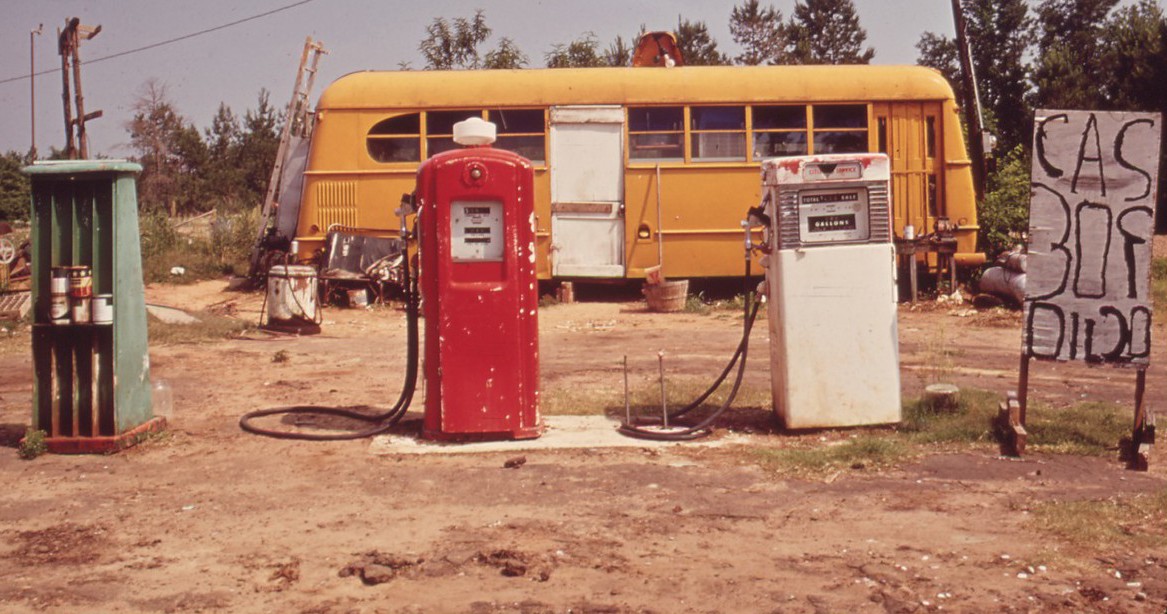During the 2012 Presidential election, Mitt Romney took the Obama Administration to task for wasting taxpayer money with stimulus funds loaned to Solyndra and Tesla, two failed companies. The former had indeed gone belly up, while Elon Musk’s auto company paid back the money ahead of scheduled and has since become a substantial firm, one whose batteries may be repurposed to help cultivate a wider green revolution.
Anyone who’s spent time around venture capital folks knows they have more misses than hits, but they can end up far ahead in the aggregate if they continually take wise risks. In trying to combat climate change with research-and-development monies, governments should be held to this same standard and not an impossible one. The free market isn’t incentivized to change to alternative energies, and change is dearly needed.
In an Atlantic interview by James Bennet, Bill Gates names gov’t R&D and carbon taxes as desperately needed tools, stressing that “by 2050, wealthy nations like China and the United States…must be adding no more carbon to the skies.” An excerpt:
On why the free market won’t develop new forms of energy fast enough:
Well, there’s no fortune to be made. Even if you have a new energy source that costs the same as today’s and emits no CO2, it will be uncertain compared with what’s tried-and-true and already operating at unbelievable scale and has gotten through all the regulatory problems, like “Okay, what do you do with coal ash?” and “How do you guarantee something is safe?” Without a substantial carbon tax, there’s no incentive for innovators or plant buyers to switch.
And for energy as a whole, the incentive to invest is quite limited, because unlike digital products—where you get very rapid adoption and so, within the period that your trade secret stays secret or your patent gives you a 20-year exclusive, you can reap incredible returns—almost everything that’s been invented in energy was invented more than 20 years before it got scaled usage. So if you go back to various energy innovators, actually, they didn’t do that well financially. The rewards to society of these energy advances—not much of that is captured by the individual innovator, because it’s a very conservative market. So the R&D amount in energy is surprisingly low compared with medicine or digital stuff, where both the government spending and the private-sector spending is huge.
On why the free market won’t develop new forms of energy fast enough:
Well, there’s no fortune to be made. Even if you have a new energy source that costs the same as today’s and emits no CO2, it will be uncertain compared with what’s tried-and-true and already operating at unbelievable scale and has gotten through all the regulatory problems, like “Okay, what do you do with coal ash?” and “How do you guarantee something is safe?” Without a substantial carbon tax, there’s no incentive for innovators or plant buyers to switch.•
Tags: Bill Gates, James Bennet

